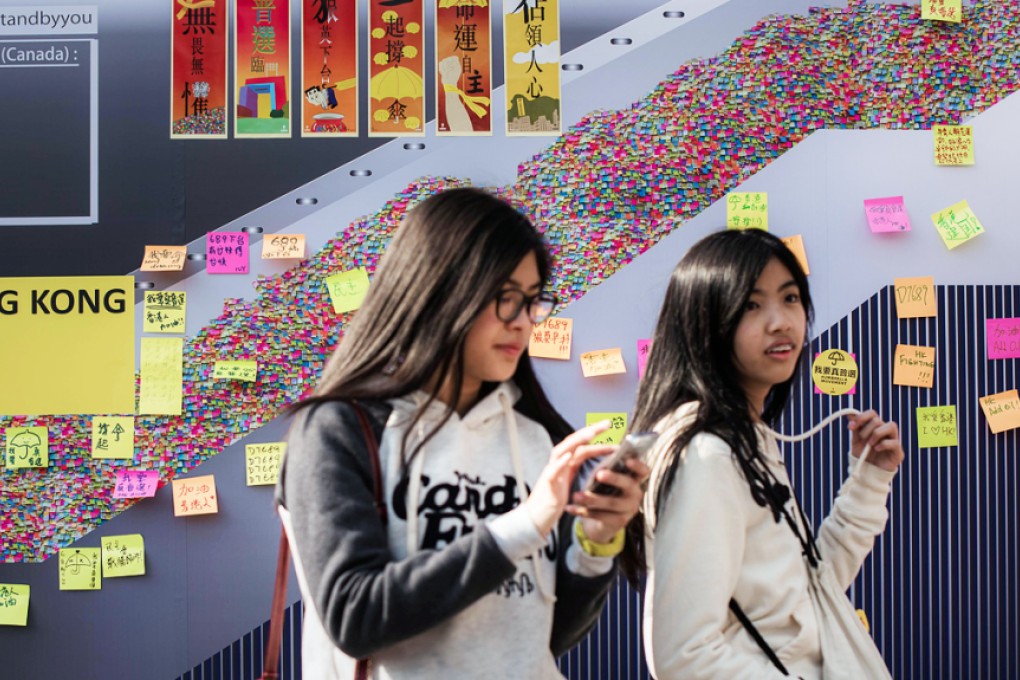On Second Thought: Hong Kong becomes bogged down in a culture of suspicion
Leung Chun-ying must also share some blame for the phenomenon

People have been predicting "the death of Hong Kong" since the infamous cover story published in Fortune magazine 20 years ago warning that the prosperous days of the city would be over after the 1997 handover.
To this day, the city is still very much alive and kicking and, one must say, getting better and better at harassing and abusing visitors, as can be seen from recent protests against parallel-goods trading.
But if you are looking for signs of Hong Kong's troubles or sources of its people's grievances, they are to be found everywhere in the news - the city is becoming increasingly unaffordable; its retail sales have plunged by the biggest margin since the severe acute respiratory syndrome epidemic in 2003; and it now ranks 70th in quality of living, way behind rival Singapore.
"Decline" may be too strong a word. How many declining cities can boast an annual surplus of more than HK$60 billion? But there is an emerging sense of impending doom about Hong Kong's future and its capacity to prosper in the fiercely competitive global marketplace.
The fear is not groundless. The city has been plagued by a culture of suspicion that divides its people into polar opposites and sometimes blinds them to common sense.
The distrust of government and authority is fuelled by a proudly populist, openly anti-government and scandal-driven media obsessed with exposing the feet of clay of the powerful and the well-connected. To them, Hong Kong is one vast conspiracy to make the lives of the ordinary people miserable. As part of this conspiracy, all public figures and senior government officials are deemed fair game. At the first hint of wrongdoing, they will be put on "trial" outside court and declared guilty before proven innocent.